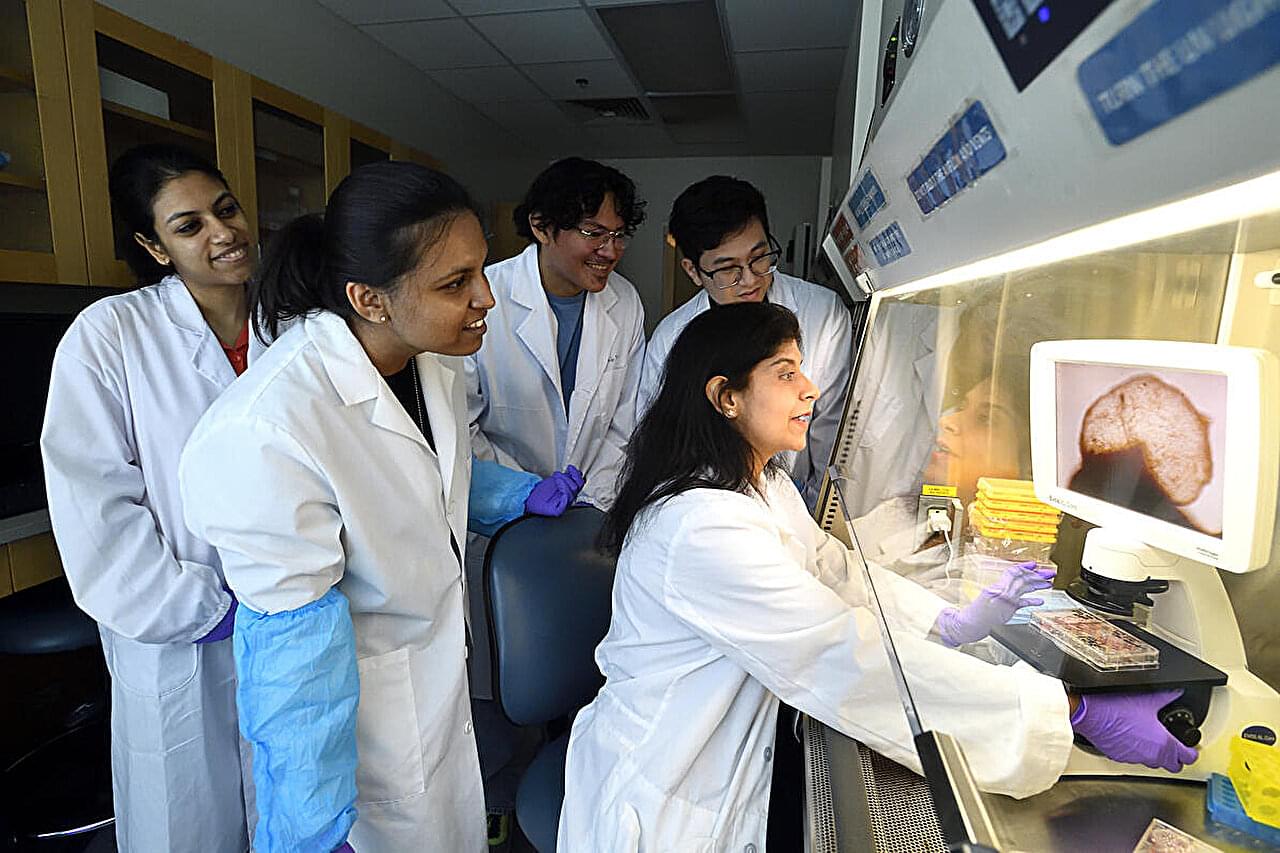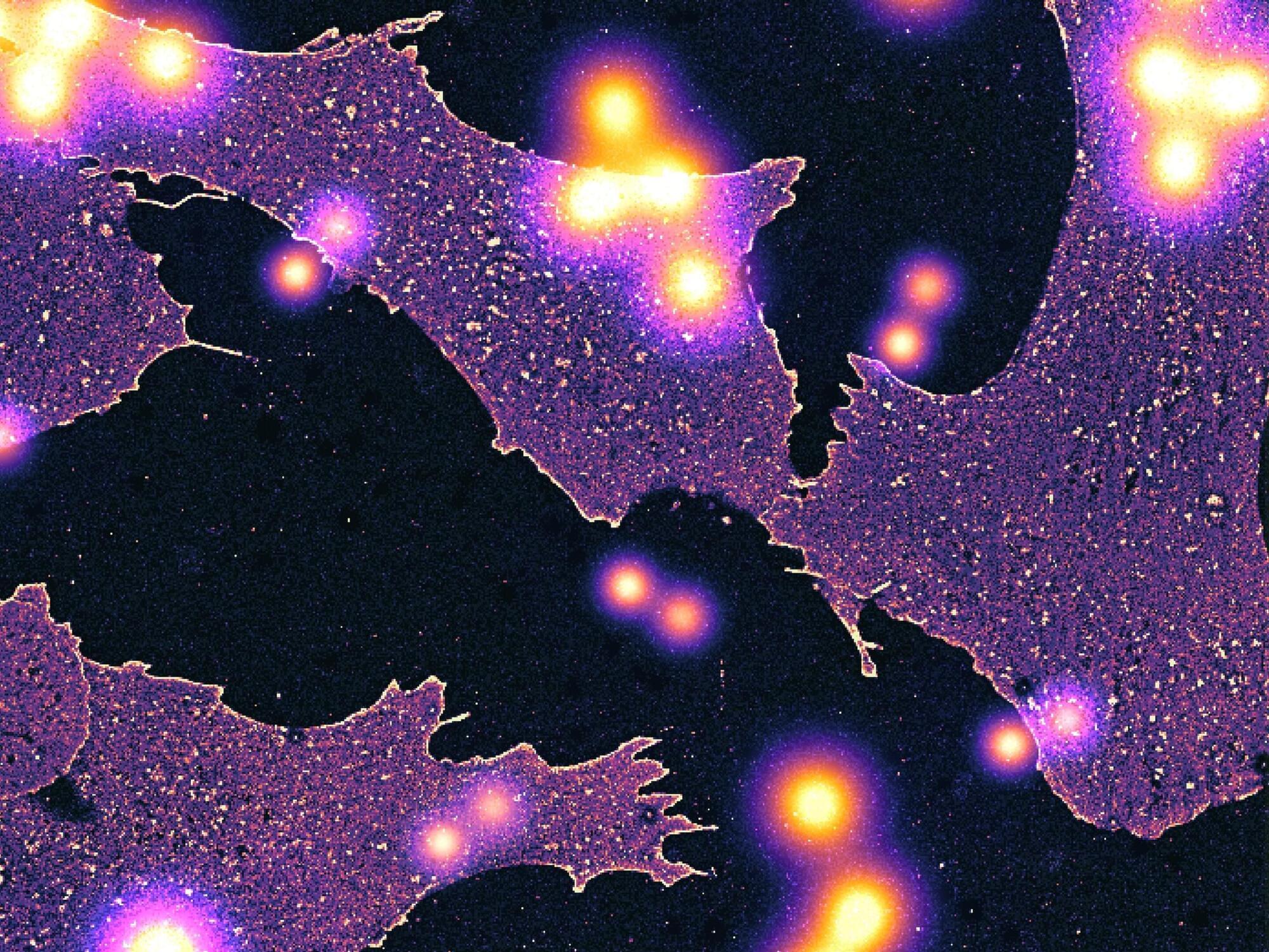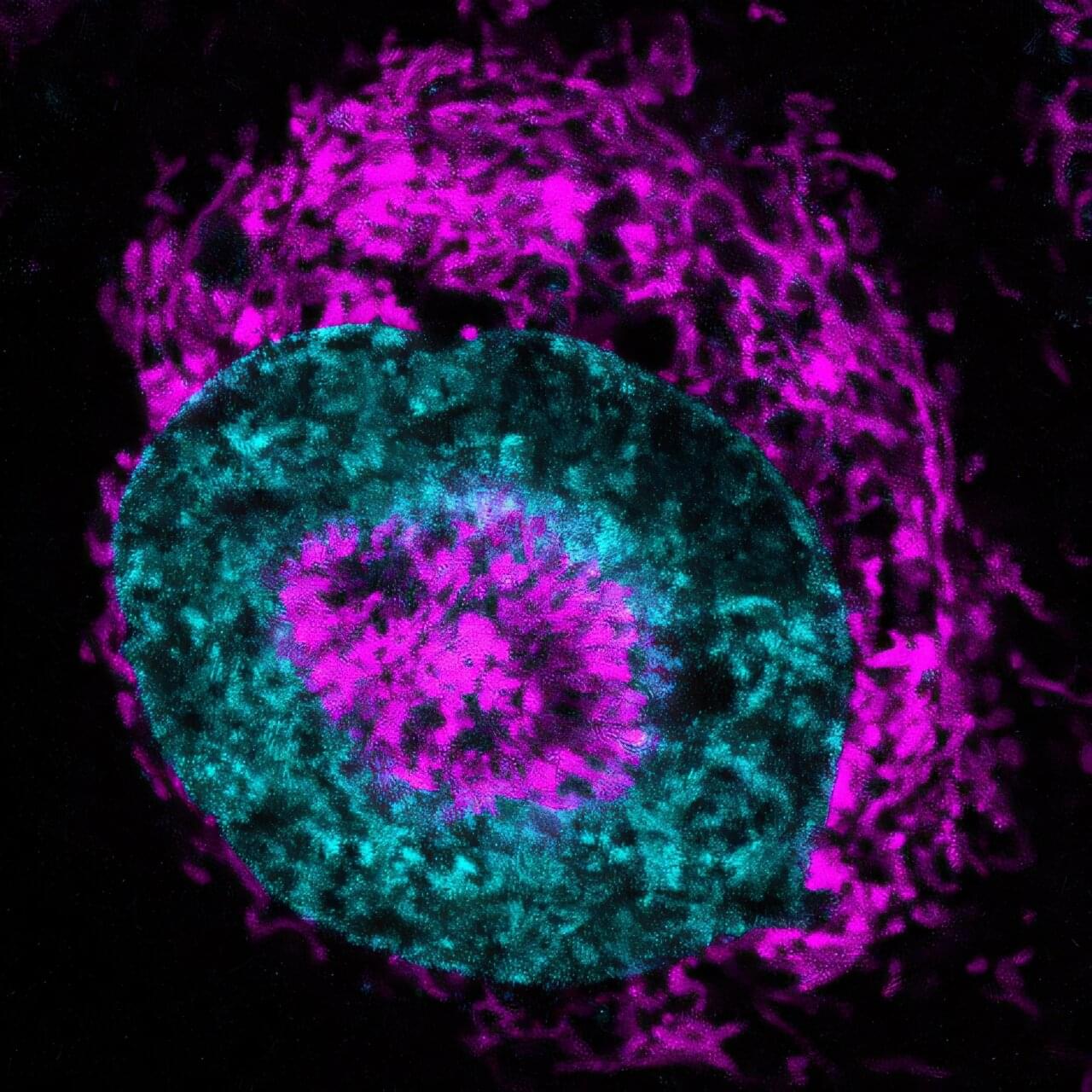Hospital for Sick Children in Toronto researchers are reporting that targeted RNA sequencing can detect clinically actionable alterations in 87% of tumors and provide decisive findings where DNA-seq either fails, returns no variant, or is not informative.
Cancer treatments have seen tremendous improvements in recent years, in part due to highly specific targeting and diagnostic techniques.
DNA-based methods dominate molecular cancer diagnostics but struggle to detect gene fusions and assess splice site consequences. RNA sequencing enables sensitive fusion detection and direct assessment of transcript-level disruption caused by splicing mutations.









